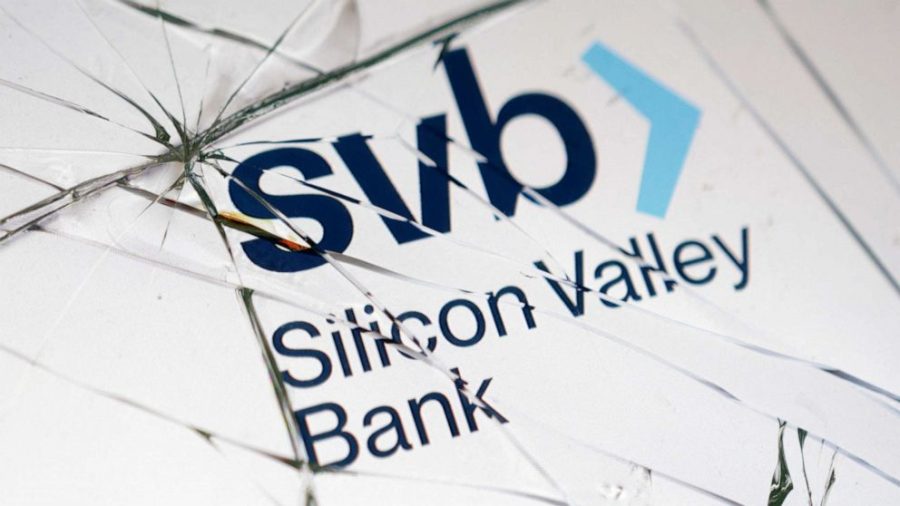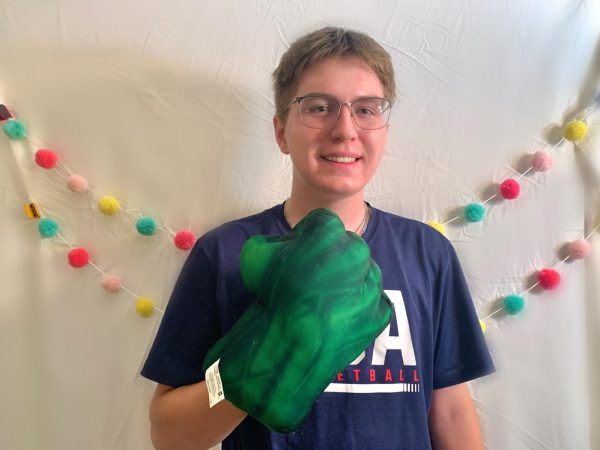The Silicon Valley Bank Collapse Sparks Quesions, Backlash and Fear
March 31, 2023
Silicon Valley is an area located near Santa Clara, California that has been the leading global center for innovation and technology for years. This area is highly involved in technological advances, and often attracts many entrepreneurs. The Silicon Valley bank collapsed on March 10, 2023 and was the largest bank collapse since the Washington Mutual Bank collapse in 2008. The Silicon Valley Bank, known as SVB, was seized by the Federal Deposit Insurance Corporation after they were unable to pay back the deposits of the borrowers.
James Angel, an associate professor at Georgetown University spoke with AlJazeera discussing the collapse.“SVB collapsed because of a stupid rookie mistake with their interest-rate-risk management: They invested short-term deposits into long-term bonds. When interest rates rose, the value of the bonds fell, wiping out the equity of the bank.” Angel said.
During the COVID-19 Pandemic, more and more people were depositing money into the SVB. This then led the bank to invest in bonds from the U.S. Treasury, which plummeted in value due to the increased interest rates in 2022, which were put in place to decrease inflation by the United States Government. While this action did work to decrease inflation, the downside of raising the inflation rate is that stocks lose their value and the average person is likely not to take out money to pay for a house, car, or other high priced items. Because of the volatility of the market, there is an extreme liquidity risk for uninsured deposits.
The First Citizens Bank headquartered out of North Carolina purchased the $72 billion dollars worth of SVB’s assets from the FDIC. The First Citizens Bank Twitter account (@firstcitizens) wrote, “We are proud that the FDIC has selected First Citizens to take on the important relationships with Silicon Valley Bank’s depositors and customers, and in turn, strengthen the banking system and the U.S. economy.”
Due to the collapse of the SVB bank, many banks and citizens have pondered the question of whether or not the banking system is stable and if there will be another downfall like what occurred in 2008 with the collapse of the housing market. The Senate held a hearing on March 28, 2023 and discussed the collapse of the SVB and the poor decisions made of SVB executives.
The hearing was led by Democrat Chair Sherrod Brown of Ohio. Senator Elizabeth Warren criticized the federal regulations set in place on the bank while republicans blamed mismanagement and poor decisions by the executives. Michael Bar, a top banking official, Martin Gruenberg, the chair of the Federal Deposit Insurance Corporation, and Nellie Liang, the Treasury secretary for domestic finance all attended the hearing and gave their opinions and advice to the Senate.



